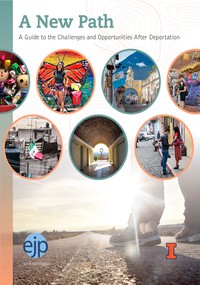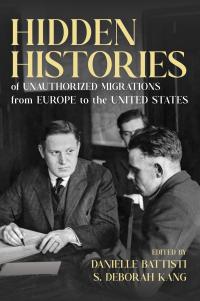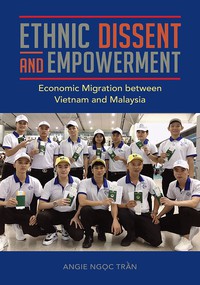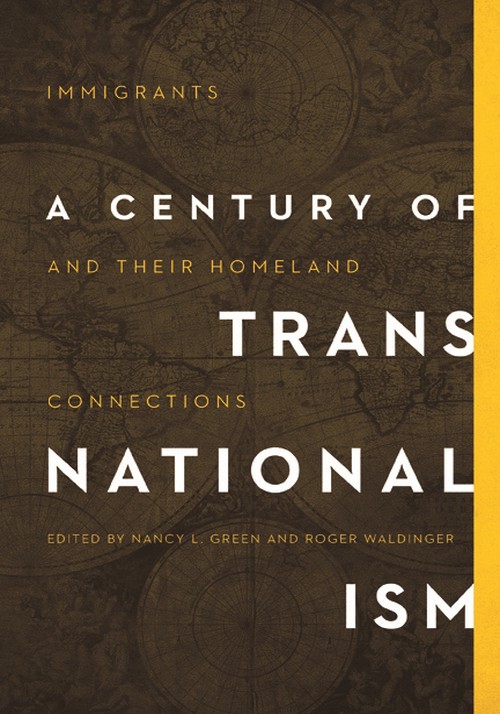
A Century of Transnationalism
About the Book
The burgeoning literature on immigrant transnationalism is one of the academic success stories of our times. Yet having reminded scholars that migrants, in leaving home for a new life abroad, inevitably tie place of origin and destination together, scholars of transnationalism have also insisted that today's cross-border connections are unprecedented. This collection of articles by sociologically minded historians and historically minded sociologists takes aim at that contention. Looking back over the past century and more, the book highlights both the long-term persistence and the continuing instability of home country connections.Encompassing societies of origin and destination from around the world, A Century of Transnationalism shows that while population movements across states recurrently produce homeland ties, those connections have varied across contexts and from one historical period to another, changing in unpredictable ways. Any number of factors shape the linkages between home and destination, including conditions in the society of immigration, policies of the state of emigration, and geopolitics worldwide.
Internationally oriented and advancing arguments likely to stir scholarly controversy, A Century of Transnationalism offers scholars and students alike leading-edge works that illustrate--and complicate--the important questions driving today's study of migration.
Contributors: Houda Asal, Marie-Claude Blanc-Chaléard, Caroline Douki, David FitzGerald, Nancy L. Green, Madeline Y. Hsu, Thomas Lacroix, Tony Michels, Victor Pereira, Mônica Raisa Schpun, and Roger Waldinger
About the Author
Nancy L. Green is a professor of history at the École des Hautes Études en Sciences Sociales. She is a coeditor of Citizenship and Those Who Leave: The Politics of Emigration and Expatriation and author of The Other Americans in Paris: Businessmen, Countesses, Wayward Youth, 1880-1941. Roger Waldinger is Distinguished Professor of Sociology at UCLA. He is editor of Strangers at the Gates: New Immigrants in Urban America and author of The Cross-Border Connection: Immigrants, Emigrants, and Their Homelands.Also by this author
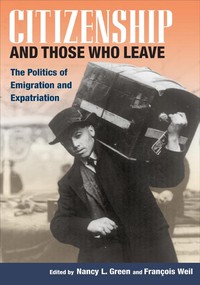
Reviews
"A Century of Transnationalism is a thoughtful and useful addition to research on migration and diaspora studies. It explores the diversity of over a century of migration experiences while highlighting shared migration factors: the tug-of-war of loyalties between home and host culture and the push-pull forces of assimilation versus alienation."--Review 31Blurbs
"In exploring migrants' cross-border connections over time, this collection of insightful and highly readable essays offers fresh perspectives and fascinating historical analysis on a topic central to the study of immigration. An indispensable guide to understanding the dynamics involved in transnational ties that will be a highly valued resource for students and scholars alike."--Nancy Foner, coauthor of Strangers No More: Immigration and the Challenges of Integration in North America and Western Europe
"This volume, edited by two of the foremost scholars in the field, infuses migration studies with sorely needed historical perspective, conceptual clarity, and theoretical depth by treating the transnational not as a mantra but as actual social spaces/processes that can be understood empirically and historically."--José C. Moya, author of Cousins and Strangers: Spanish Immigrants in Buenos Aires, 1850–1930
"Immigrant men and women shape and maintain transnational, often locally embedded linkages, and statesmen utilize or frame such connectivity. Both sides engage each other to achieve familial and statewide goals, economic, political, and emotional ones. The authors masterfully weave specific analyses into a longue-durée perspective of transcultural relations."--Dirk Hoerder, author of Cultures in Contact: World Migrations in the Second Millennium
"Nancy Green and Roger Waldinger have assembled an excellent collection of rich empirical studies framed by their insightful introduction. The result constitutes a major contribution to a critical, historically-grounded, and state-centered perspective on transnationalism. This is essential reading for migration scholars."--Peter Kivisto, Augustana College

